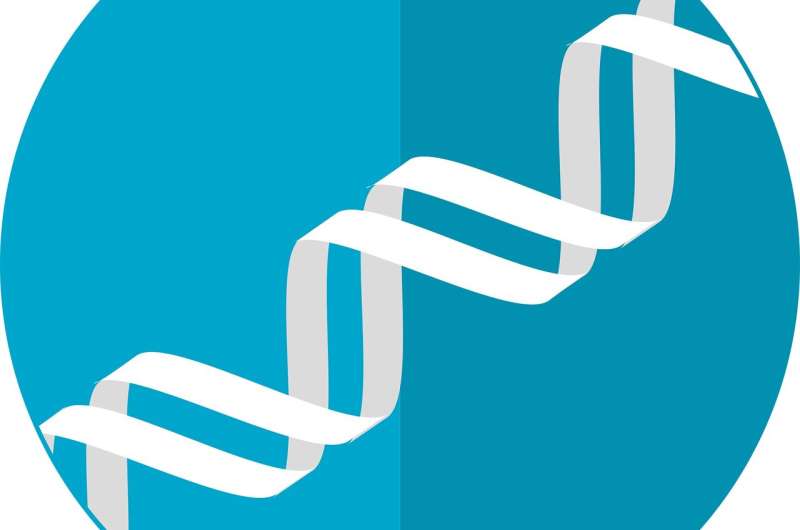Credit: CC0 Public Domain
Maximizing the efficiency of the adeno-associated virus (AAV) platform for gene therapy is the aim of a new pilot project of the National Institutes of Health (NIH). The NIH Platform Vector Gene Therapy (PaVe-GT) project is reported in the peer-reviewed journal Human Gene Therapy.
"PaVe-GT is an experimental translational science initiative that aims to leverage the power of platform vectors and disease relatedness to help deliver on the promise of gene therapy to patients with rare diseases," states the NIH PaVe-GT team.
Gene therapy, and the introduction of a working copy of a defective gene, can be the solution to curing rare, monogenic diseases caused by recessive mutations leading to a loss of function. The main limiting factor has been the ability to effectively deliver therapeutic genes into target cells. PaVe-GT will use AAV9 as a platform vector to develop gene therapy products for four rare diseases. They will all be manufactured in the same facility using the same production and purification methods. The only difference will be the therapeutic gene payloads.
"The very nature of rare diseases makes it difficult to offer therapy to most patients in the absence of a platform approach like PaVe-GT. Thus, PaVe-GT may 'pave the way' for access to the power of gene therapy for many patients who would otherwise be left out of its therapeutic potential," according to Editor-in-Chief of Human Gene Therapy Terence R. Flotte, MD, Celia and Isaac Haidak Professor of Medical Education and Dean, Provost, and Executive Deputy Chancellor, University of Massachusetts Medical School.
More information: Philip J. Brooks et al, The Platform Vector Gene Therapies Project: Increasing the Efficiency of Adeno-Associated Virus Gene Therapy Clinical Trial Startup, Human Gene Therapy (2020). DOI: 10.1089/hum.2020.259
Journal information: Human Gene Therapy
Provided by Mary Ann Liebert, Inc
























